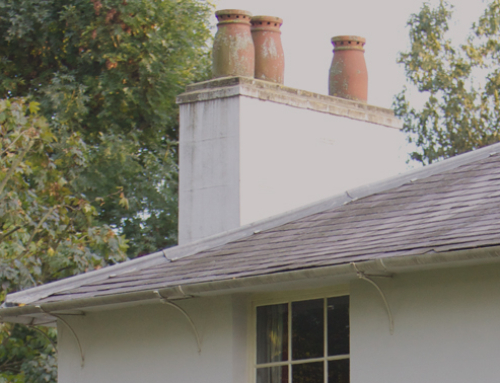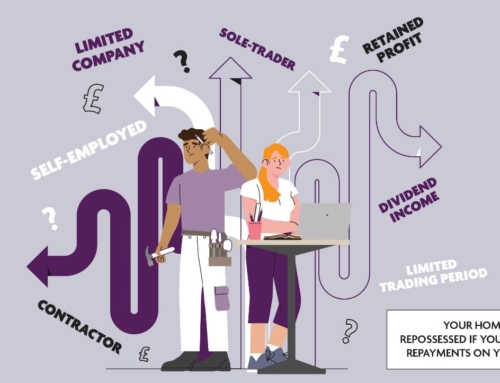A first-time buyer’s guide to mortgage rates
A glance at the news over the last 12 months or so would suggest that mortgage rates are a very hot topic indeed.
For the last 14 years, mortgage rates – the interest rate charged on the money borrowed to purchase a property – have tended to be low, because interest rates, in general, have remained low.
But Liz Truss’s mini budget in September 2022 had a significant impact on mortgage rates; many mortgage products were withdrawn in the aftermath of the fiscal event, and interest rates rose very sharply which made monthly mortgage payments much more expensive for homeowners.
The good news is, according to a report from Moneyfacts Group, mortgage rates have come down since peaking in 2023. And while rates do not currently match the lows of the last 14 years, for first-time buyers, it is imperative that they seek the most affordable rate for their circumstances when purchasing a first home.
What are the different types of mortgage?
There are two main types of mortgage rate: fixed rate, where the interest stays the same for a set number of years, usually 2, 5, or 10 years, and variable rate, where the interest rate can change.
Fixed rate mortgages are the most popular option, with 74% of homeowner mortgages taken out on a fixed rate contract according to UK Finance, and 96% of new borrowers choosing this option since 2019.
One reason why they are popular is because it can be easier for borrowers to budget as the monthly payments stay the same until the fixed-term period ends. Also, they will not be affected by interest rate rises during the term of the mortgage. Equally, they also won’t be affected if the interest rate falls. However, with stability around monthly payments, many are happy with this potential trade-off.
A variable rate means that the amount you pay each month can go up or down, usually in line with the Bank of England base rate of interest, which means monthly payments are much more unpredictable.
If we are in a period where we could see the base rate cut – or multiple rate cuts – some borrowers may opt for a variable rate mortgage to help reduce their total mortgage payments. However, this comes with an element of risk as interest rates can always fluctuate in both directions.
You may also have heard of a standard variable rate. This is the interest rate a lender charges after the initial fixed rate ends. SVRs are usually higher than other mortgage products and can change at any time. As a result, many borrowers will look to remortgage or transfer to a new product with the same lender to capitalise on another fixed-rate period.
Seek advice to get the right deal
Not sure which option is best for you? A financial adviser can be your best friend when it comes to choosing a mortgage that works for you.
They have access to a huge variety of deals available on the market and can help you select the right one to suit your individual circumstances. They will work with you to budget confidently and make sure you have enough money each month to be able to comfortably afford your mortgage payments – along with other living expenses.
To book your appointment with a financial adviser, please call us on 020 7317 7311 or email info@chapelgateprivatefinance.com.
YOUR HOME MAY BE REPOSSESSED IF YOU DO NOT KEEP UP REPAYMENTS ON YOUR MORTGAGE.
Approved by The Openwork Partnership on 13/03/25.





